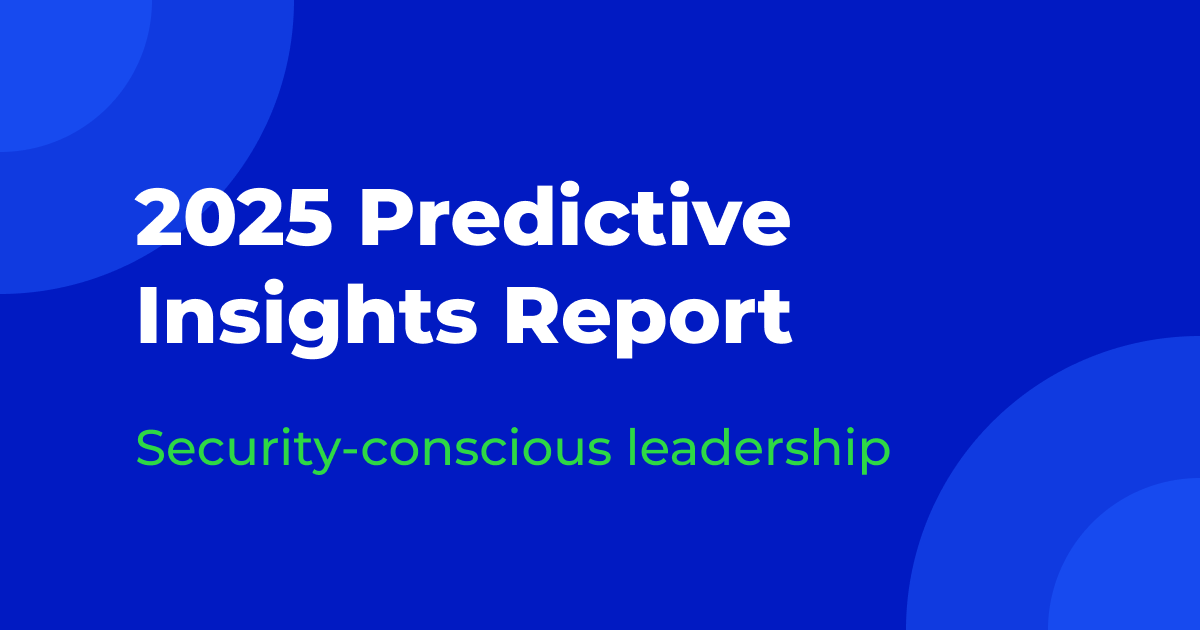
Whether or not you’re an avid college football fan, you’ve probably heard some recent news coverage about the Manti Te’o hoax. Manti Te’o is the Notre Dame linebacker and 2012 Heisman Trophy runner-up whose romantic relationship with girlfriend Lennay Kekua was publicly revealed to be a hoax. Te’o had dated Kekua online from October 2011 through September 2012, until he was told that she had passed away from leukemia, the same day his grandmother passed away. On Wednesday, January 17th, sports site Deadspin alleged that Manti Te’o’s girlfriend Lennay Kekua never existed and that Ronaiah Tuiasosopo had used a fake pseudonym and identity to pursue an online relationship with Te’o. In an interview with Dr. Phil McGraw (to be aired today), Tuiasosopo revealed that Tuiasosopo had gathered photos from Diane O’Meara, of Long Beach, California, and used her photos to create fake social media accounts. These photos and false online profiles were then used to communicate with and dupe Te’o into a romantic relationship.Needless to say, Te’o learned the hard way that finding love online can hurt.What is even more tragic is that Te’o could have taken precautions in order to avoid public humiliation and unnecessary heartbreak.Whether or not you serve high-profile athletes like Manti Te’o, we have three simple recommendations that you can make, in order to prevent your target audience from falling prey to similar online scams:
- When building relationships with online identities whom you’ve never met in person, it’s important to look up profile images on a search engine site. Chances areÑif it’s a fake profileÑtheir profile images will arise in an image search along with the source of these images. With such information at their disposal, consumers can determine whether or not the profile photos are likely real or fake and, consequently, if the online profile is real or fake.
- As consumers read through online profiles, they should be aware and take note of incomplete information, profiles with grammar and spelling mistakes, and ones that sound overly perfect. Online fraudsters are more concerned with creating multiple fake accounts and not overly concerned with creating complete accounts. They often hire individuals overseas to register accounts and thus do not hire native speakers with language fluency to complete these profiles. Moreover, online scammers create identities online that will lure in consumers for contact. If the profile sounds too good to be true, it probably is. Profiles with very few connections, such as less than ten friends, are also very suspect.
- A helpful precaution in reducing the presence of fake online profiles is to phone verify online identities. Phone verified profiles are ones which have been tested and proven to be linked with working, trustable phone numbers. If an online account is fake and being used as a fraud scam, it’s most likely that the profile’s contact information is fraudulent and/or suspicious in nature.
Manti Te’o learned about the dangers of online relationships the hard way. Whether your audience is looking for love online or seeking to build relationships via social media sites, keep in mind these tips and you’ll be sure to prevent them from a lot of hurt.To learn more about Telesign products that can aid in your fight against online fraud, please visit our Telesign Verify page.
Sources:
- https://bleacherreport.com/articles/1497890-manti-teo-and-lennay-kekua-highlighting-their-most-important-tweets
- http://latimesblogs.latimes.com/lanow/2013/01/manti-teo-hoax-suspect.html
- http://www.miicard.com/blog/201202/fake-dating-profiles-%E2%80%93-how-spot-them



